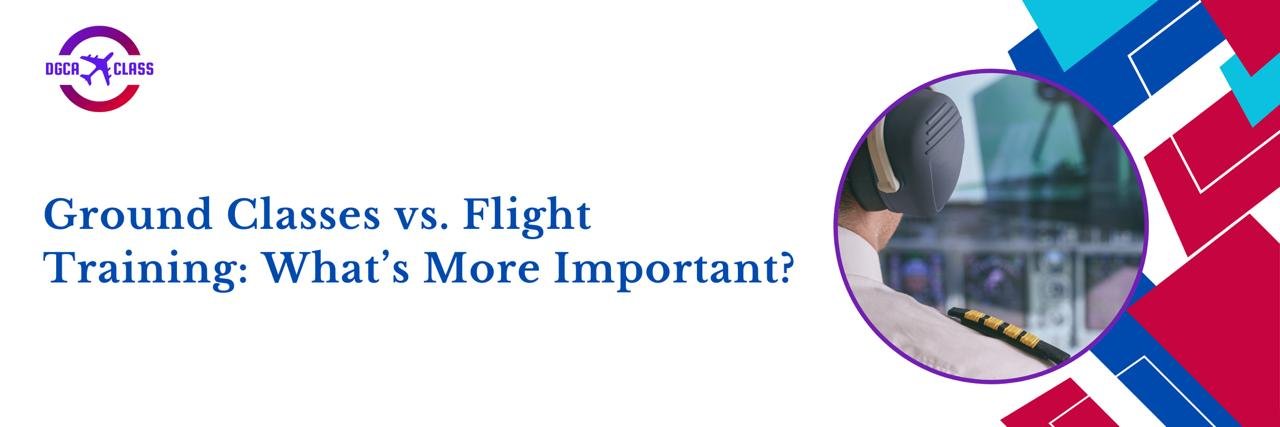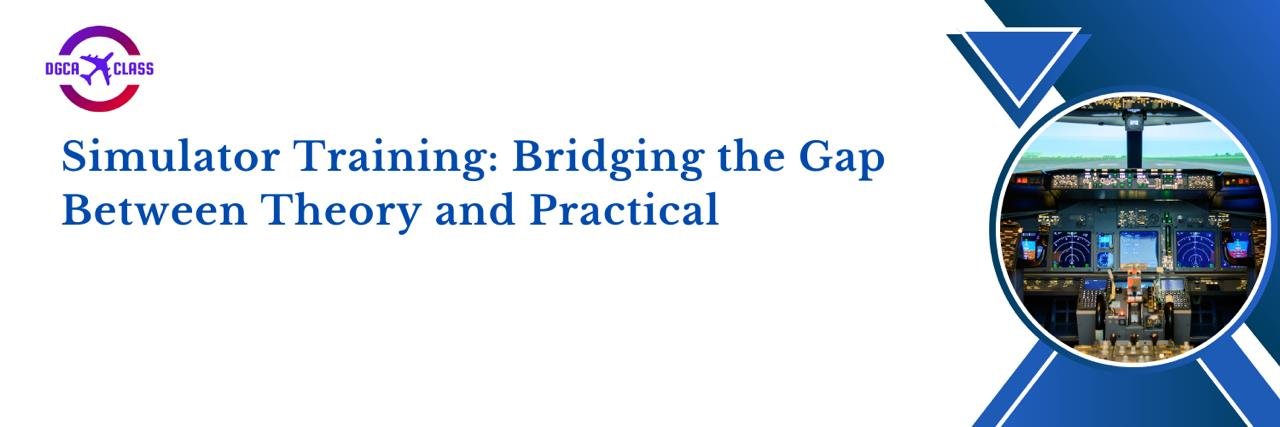-1739453551.jpeg)
Medical Requirements for the IndiGo Cadet Pilot Program
Becoming a pilot is a dream for many, and for those who aspire to fly with one of India's leading airlines, the IndiGo Cadet Pilot Program presents an excellent opportunity. However, before embarking on this journey, candidates must meet certain medical standards to ensure they are physically fit for the demanding role of a pilot. This blog will explore the medical requirements for the IndiGo Cadet Pilot Program, providing prospective candidates with a clear understanding of what is expected.
The IndiGo Cadet Pilot Program is a training initiative designed to select, train, and develop the next generation of pilots for IndiGo, one of the largest and most well-known airlines in India. The program offers a comprehensive training experience that includes ground school, flight training, and various other modules to prepare cadets for the responsibilities of a commercial pilot. Successful candidates who meet all the training requirements are then inducted into the airline's cockpit crew.
To ensure the safety of passengers and the smooth operation of flights, IndiGo follows stringent selection criteria, including medical assessments. These medical requirements are crucial to ensure that cadets are physically and mentally fit for the high-pressure and demanding environment of aviation.
Pilots are responsible for the safety and well-being of passengers, crew, and the aircraft itself. This requires a high level of physical fitness, mental clarity, and overall well-being. As part of the IndiGo Cadet Pilot Program, meeting specific medical standards is not just a formality; it's essential for the safety of everyone onboard.
One of the primary medical requirements for the IndiGo Cadet Pilot Program is obtaining a Class 1 Medical Certificate from the Directorate General of Civil Aviation (DGCA), the regulatory body for civil aviation in India. This certificate ensures that the cadet meets the physical and mental health standards necessary for flying an aircraft.
The Class 1 Medical Certificate assesses a range of health parameters, including:
The IndiGo Cadet Pilot Program requires candidates to meet specific physical fitness standards to be eligible for enrollment. Physical fitness ensures that the cadet can handle the stress, altitude, and other physical demands of being a pilot.
Apart from the physical medical requirements, the IndiGo Cadet Pilot Program places significant emphasis on psychological health. Pilots need to make critical decisions quickly, manage stressful situations, and deal with a range of issues that may arise during flights. Therefore, psychological evaluations are an essential part of the selection process.
Pilots are required to distinguish different colors in order to recognize aviation signals, lights, and instruments in the cockpit. This makes color vision a key part of the medical evaluation for the IndiGo Cadet Pilot Program.
Since pilots spend much of their time at high altitudes, they must be able to tolerate the lower oxygen levels and environmental conditions present in the cockpit. This requires specific tests to ensure that cadets are capable of flying at these altitudes without any health risks.
As part of the selection process, candidates for the IndiGo Cadet Pilot Program are required to undergo substance abuse testing. This is to ensure that candidates are free of any substances that could impair their ability to fly safely, such as alcohol or drugs.
Once a cadet has completed the IndiGo Cadet Pilot Program and is employed as a pilot, they must continue to meet the medical requirements on an ongoing basis. This includes regular check-ups and evaluations to ensure their health remains optimal throughout their career.
Pilots must undergo medical examinations at regular intervals, typically every six months for the first five years and annually thereafter, depending on their age and health status. These ongoing checks help ensure that pilots remain fit to operate aircraft and are able to make quick, clear decisions during flights.
The IndiGo Cadet Pilot Program offers a great opportunity for aspiring pilots to join one of India's top airlines. However, the medical requirements for the program are stringent and must be met to ensure the safety and well-being of passengers, crew, and the pilots themselves. From obtaining a Class 1 Medical Certificate to maintaining physical fitness and undergoing psychological evaluations, candidates must be in excellent health to qualify for the program.
For those looking to pursue this exciting career path, it’s important to stay informed about the medical standards and prepare for the rigorous medical assessments that are part of the IndiGo Cadet Pilot Program. By meeting these requirements, you can take the first step toward a successful career in aviation.
For more detailed information about the IndiGo Cadet Pilot Program, visit the official program pages:
The road to becoming a commercial pilot is demanding, but with the right medical preparation and determination, it is entirely achievable.
Lorem ipsum dolor sit amet conse ctetur adip iscing elit justo quis odio sit sit ac port titor sit males dolor sit consectur dolor.
-1739459923.jpeg)
2025-02-13 20:48:43

2025-02-13 18:40:11

2025-02-27 22:01:42

2025-02-22 13:46:23
-1740666967.jpeg)
2025-02-27 20:06:07

2025-02-21 21:57:18
-1740412893.jpeg)
2025-02-24 21:31:33

2024-05-04 10:53:02